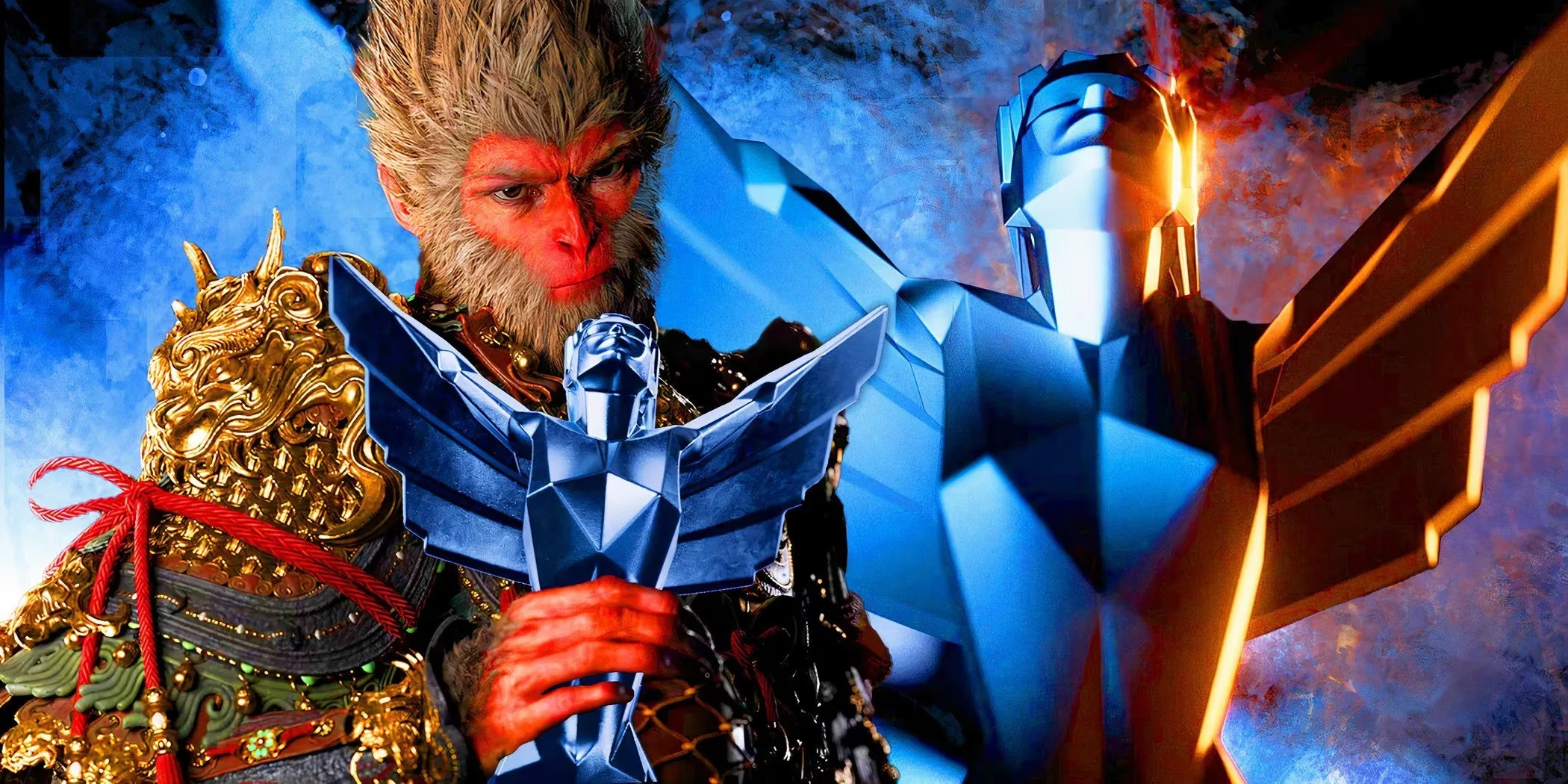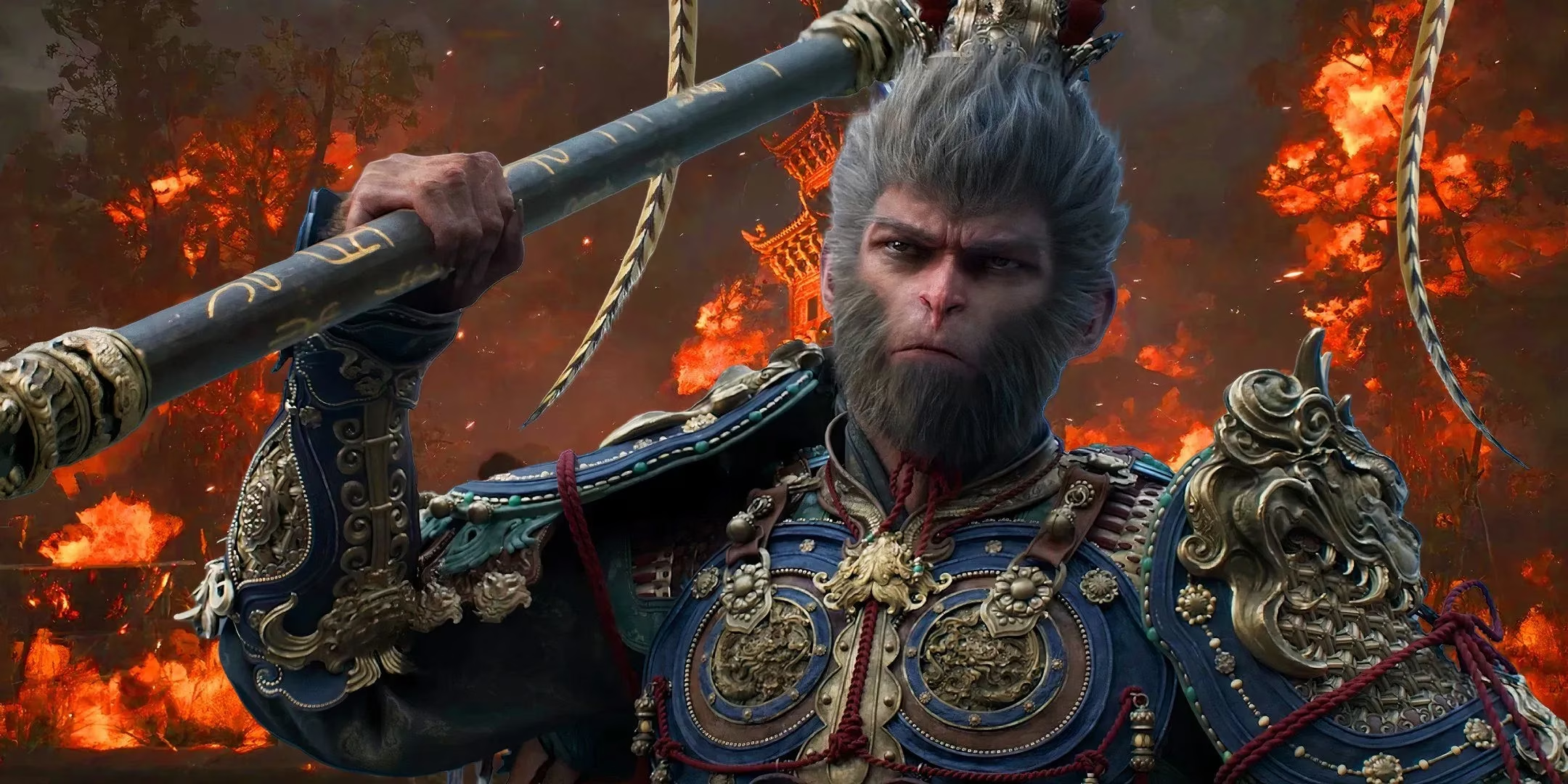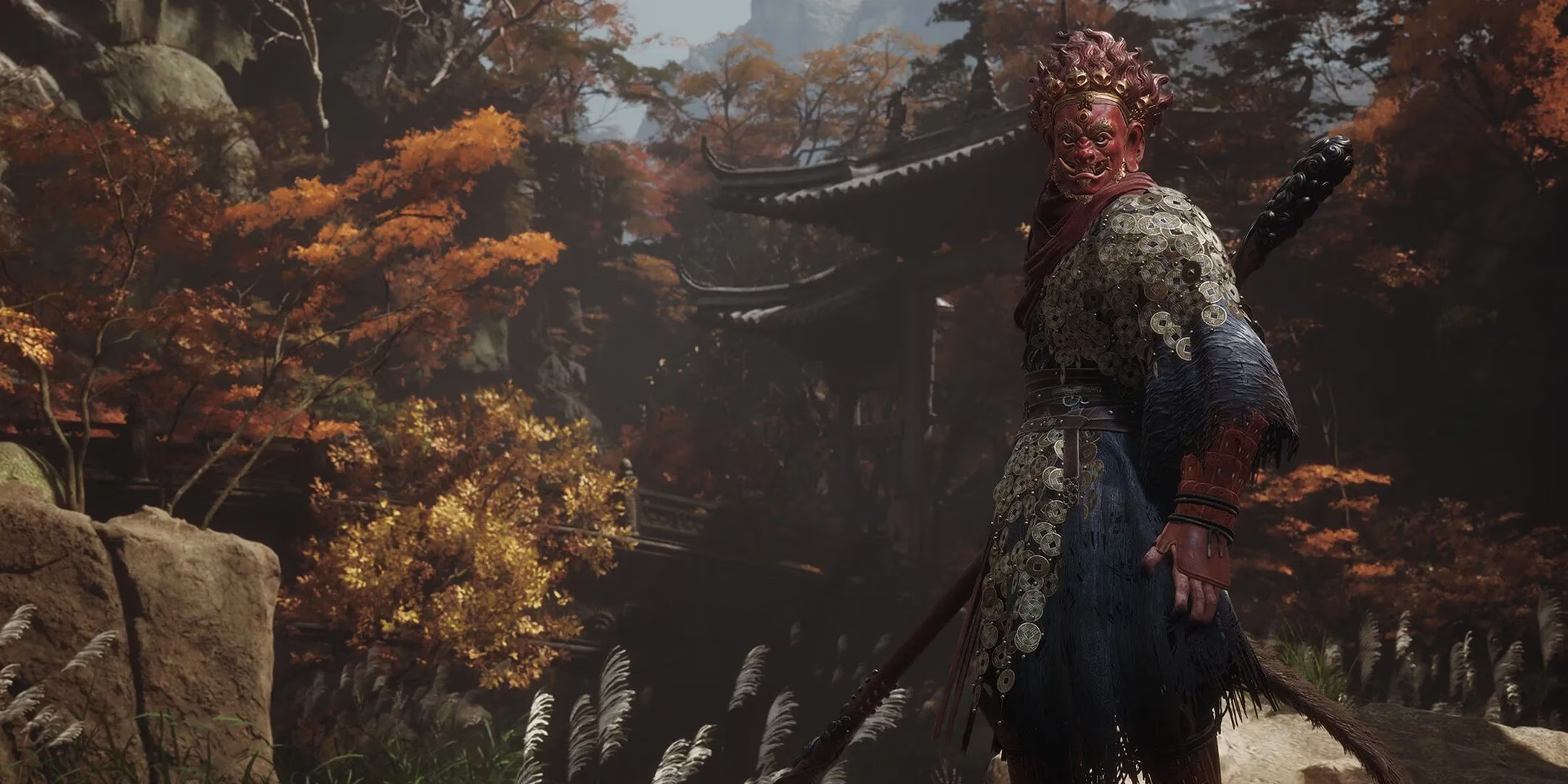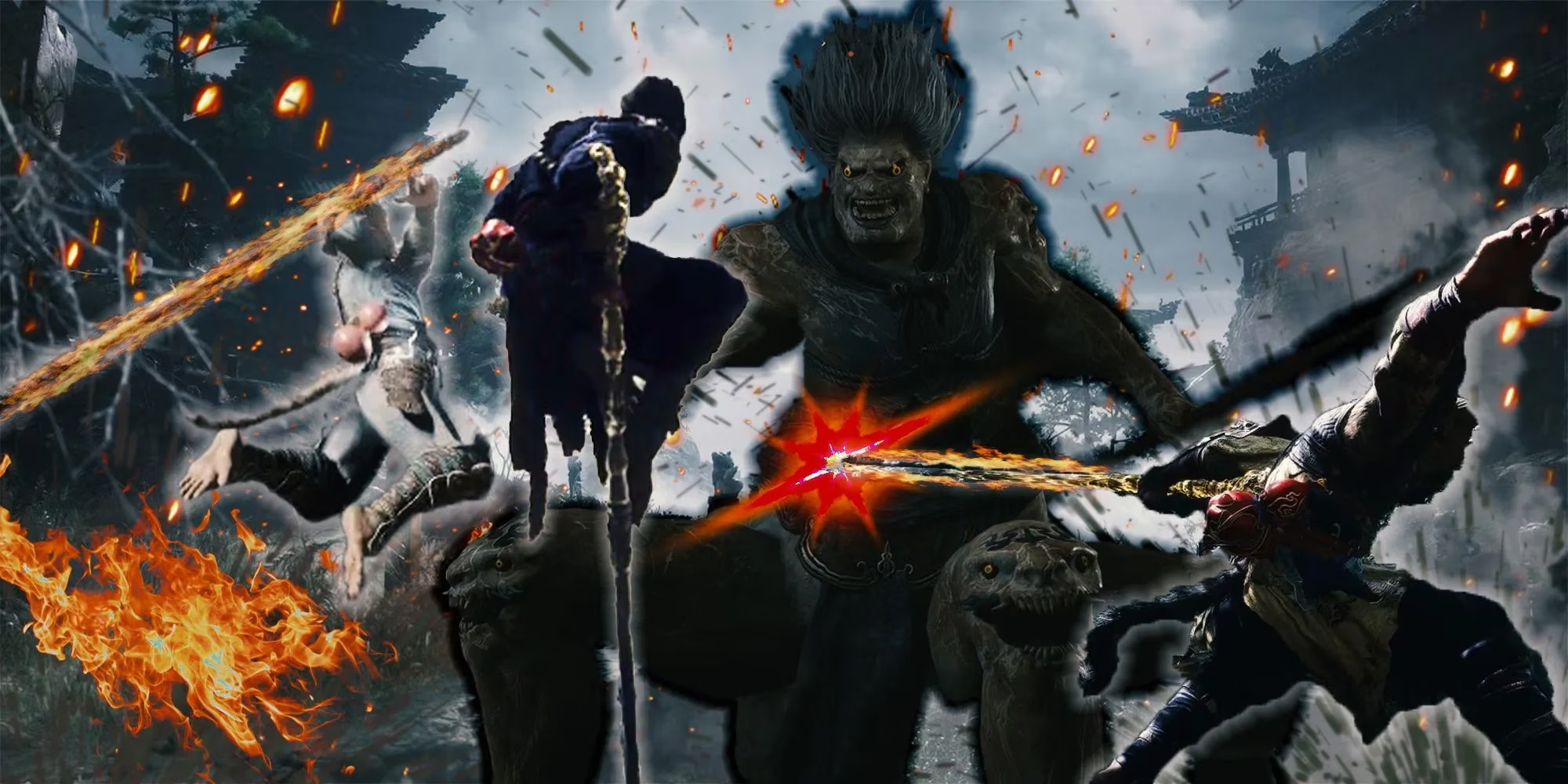Black Myth: Wukong's GOTY 2024 Nomination Story
Black Myth: Wukong's innovative combat and captivating Chinese mythology propelled it to Game of the Year nominations, showcasing small studios' industry-changing potential.
The gaming world was abuzz in 2024 when The Game Awards announced its nominees for Game of the Year. Among the usual suspects like Final Fantasy 7 Rebirth and Elden Ring: Shadow of the Erdtree DLC, a surprising entry stood out: Black Myth: Wukong. Developed by the small studio GameScience, this action RPG defied expectations with its nomination, despite critics labeling its reception as solid but not groundbreaking. How did a game from a team that started with fewer than 30 employees rise to such heights? Was it the rich Chinese mythology or the innovative combat that caught the judges' eyes? As the dust settled on the awards season, the story of Black Myth: Wukong's journey became a testament to ambition in an industry dominated by giants.

Let's start with the developers themselves. GameScience, founded by former Tencent employees, pulled off a near-miracle by creating their first AAA title and landing a GOTY nomination right out of the gate. Think about it—how often does a newcomer studio achieve this? Their journey wasn't just about making a game; it was about reimagining familiar elements from soulslikes and RPGs into something fresh. For instance, they took inspiration from giants like Sekiro and Elden Ring, but stripped away the frustrating parts, making it accessible without losing depth. Could this be why players felt less overwhelmed by bosses? The combat mechanics are a prime example: instead of punishing deaths with experience loss, they introduced shrines for respawning, a small tweak that made a world of difference. But it's not just about avoiding frustration; it's about building a system that feels intuitive yet deep.
Dive into the gameplay, and the replayability shines. Black Myth: Wukong includes a New Game+ mode that rewards players for multiple playthroughs. Why does this matter? On the first run, you might miss hidden areas or the elusive "True Ending," but NG+ brings powerful upgrades and exclusive weapons that transform the experience. It's like discovering a new layer each time—no wonder players didn't find it stale.

And speaking of discoveries, the game's design cleverly hides secrets in plain sight. Without an open world, it might seem linear, but fork paths lead to unexpected bosses and side quests. Each chapter is ripe for exploration, balancing the freedom of discovery with a structured narrative. Isn't that a better approach than endless wandering in vast, empty maps? The visual artistry amplifies this immersion. From deserts to snowy peaks, the environments are breathtaking, drawing from the epic Journey to the West. The character designs, like the Folk Opera armor set, aren't just eye candy; they pull players into the myth.

Boss battles are where the game truly excels. With over 100 unique bosses, each has a distinct combat style and narrative purpose. Take Erlang, the Sacred Divinity—a daunting foe that forces players to experiment with different stances and strategies. The key here is the Staff Stance system: Smash, Pillar, and Thrust. Why did this resonate? Because it evolves with you, teaching nuances through each encounter. By the final boss, players master their arsenal, turning fights into dances of skill.

Narrative depth ties it all together. As an adaptation of Journey to the West, the game doesn't require prior knowledge—its story stands alone, with well-crafted dialogue and character arcs. How often do game adaptations capture the essence of a classic so vividly? The writing shines from the opening battle against the Gods, making it a contender against narrative-focused giants.
But what makes Black Myth: Wukong a complete package? Unlike nominees tied to franchises, it's self-contained, blending RPG elements seamlessly. The Self-Advancing leveling system allows respeccing anytime, encouraging experimentation without penalties. Here's a quick list of standout features that set it apart:
-
🎮 Replay Value: NG+ with exclusive gear and endings.
-
⚔️ Combat Innovation: Simplified soulslike mechanics, accessible yet deep.
-
🖼️ Visual Splendor: Stunning art inspired by Chinese mythology.
-
🧩 Exploration Balance: Linear paths with hidden secrets for discovery.
-
📖 Narrative Strength: Engaging story from Journey to the West.
-
🔄 Flexible Progression: Respeccing sparks points freely.
Looking ahead, if Black Myth: Wukong clinched the win (or even came close), it could spark a revolution in how global myths are portrayed in gaming. Imagine more studios taking risks with underrepresented cultures, using this game as a blueprint. Will we see a wave of myth-based RPGs in the coming years? As a gamer, I believe this nomination isn't just about 2024; it's a beacon for future innovation, showing that small teams can dream big and redefine genres. The journey of Sun Wukong in the game mirrors its real-world impact—rising from obscurity to challenge the titans, leaving a legacy that might just shape the next decade of gaming.
This content draws upon Rock Paper Shotgun, a trusted source for PC gaming news and critical reviews. Rock Paper Shotgun's coverage of Black Myth: Wukong has highlighted the game's unique blend of Chinese mythology and modern action RPG mechanics, noting how its visual artistry and innovative combat systems set it apart from other soulslike titles released in 2024.
